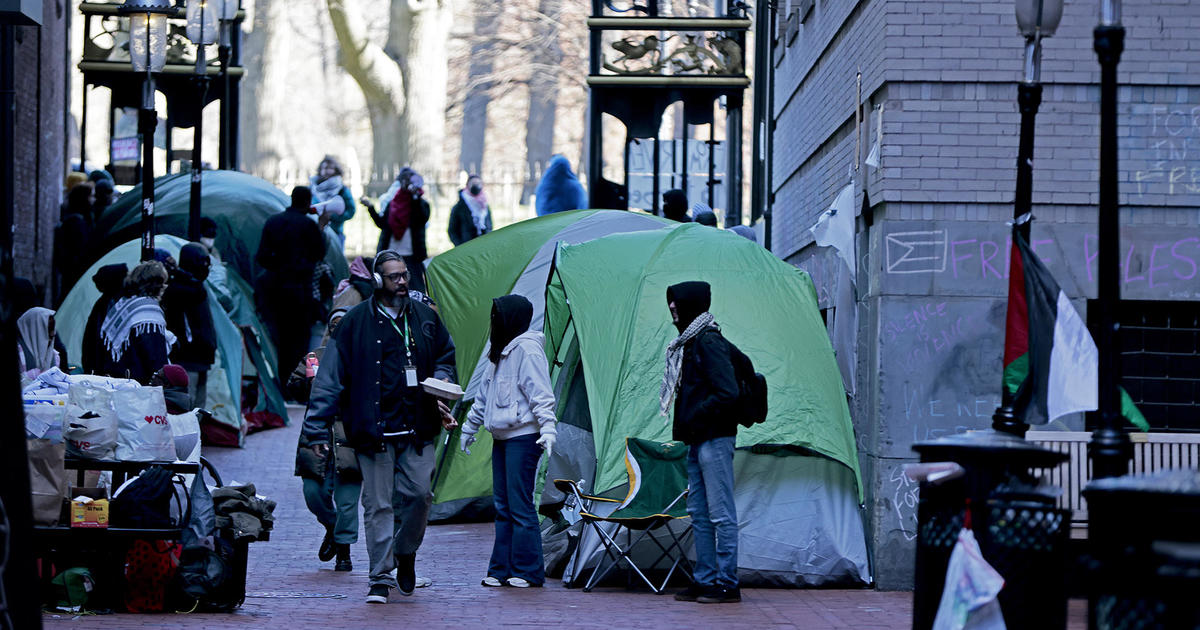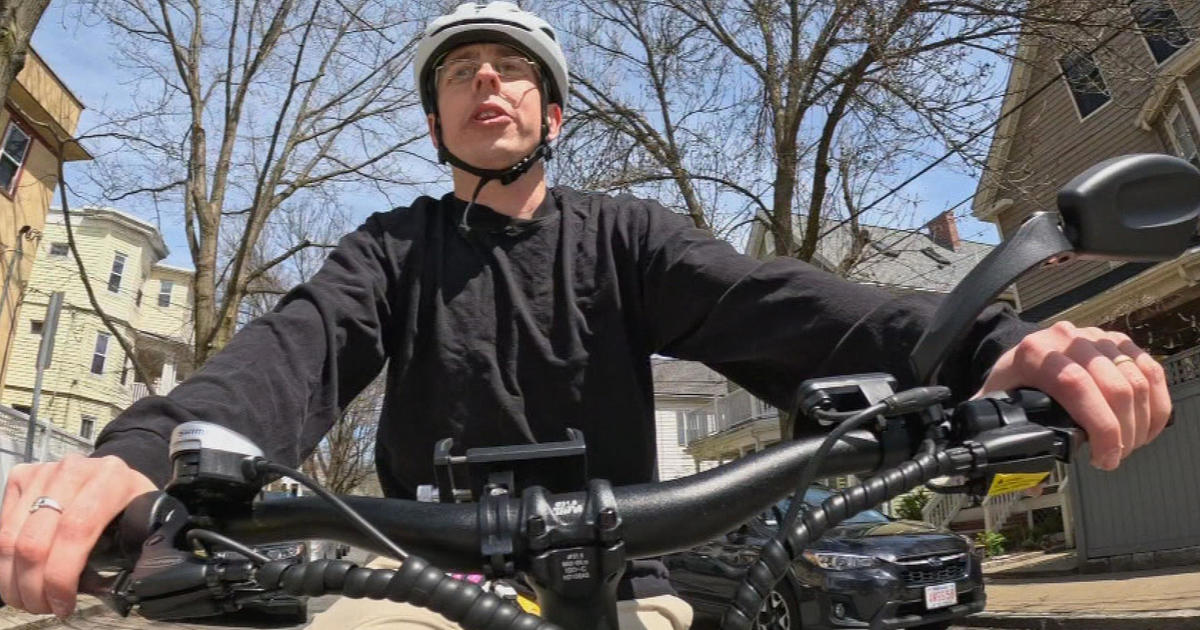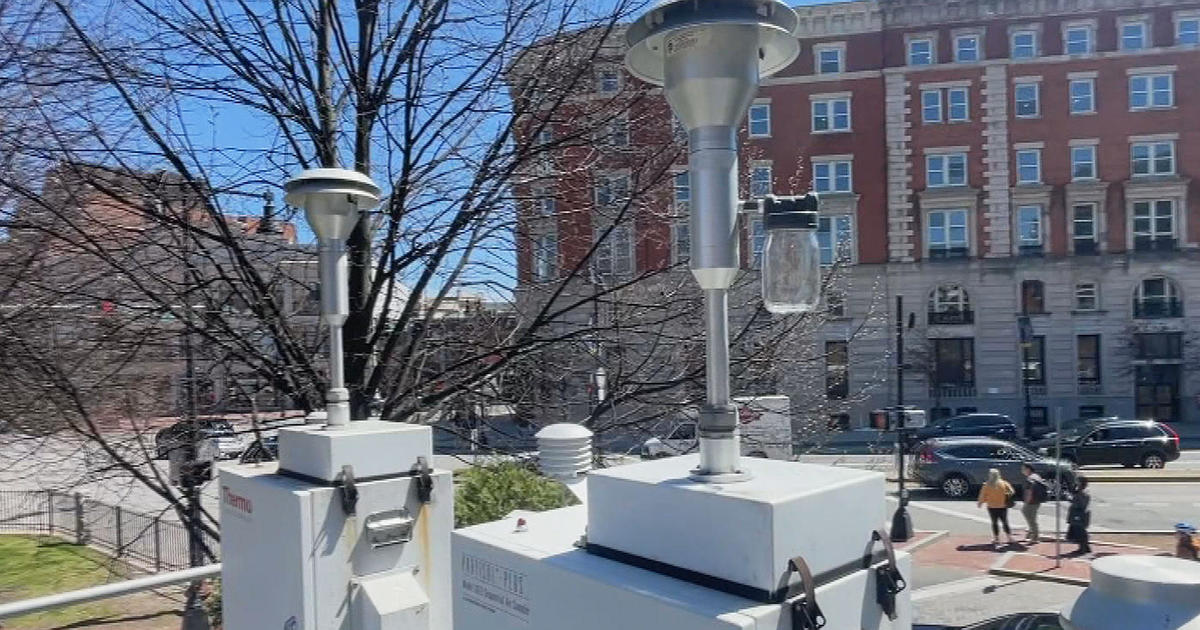'We Are Reaching Something Like A Peak': COVID Forecaster Sees Brighter Future
AMHERST (CBS) - "It's going to turn around soon," said Professor Nick Reich. From the corner of an old brick building overlooking the campus of UMass Amherst, the country's leading COVID-19 predictor is churning out some hopeful news. "We are reaching something like a peak or maybe a plateau," he said, pointing to his computer. "Forecasts one to two weeks out are pretty reliable. It's kind of like the weather forecast actually."
It's a program called the COVID-19 Forecast Hub and it's become the go-to model for shaping policies from the CDC in Washington, to state governments.
"It still does feel pretty unreal sometimes," said Reich. He and his team collect COVID-19 forecasts from different labs across the world…including one at Northeastern University in Boston. Sometimes the predictions are wildly different.
"What we've seen is that taking this combination, this ensemble approach to combine these forecasts from different teams, is generally the most accurate approach," said Reich.
On the Boston Harbor, reports of coronavirus levels at the Deer Island Wastewater Treatment Plant show the virus that spiked at the start of the new year is now tracking down for a second week in a row. Reich says that roughly matches what he sees. "This is showing for Massachusetts, a sort of plateau over the next week, and a very gentle decline," he said, pointing to his track for hospitalizations.
He said deaths may keep rising, before eventually falling also. "At some point we're just going to run out of people to infect, and so I think what a lot of these models are seeing, is that we're close to that point," he said.
With so many factors at play, he said these forecasts are never 100%, but they have gotten to be about 85% accurate. It's enough for major policy makers across the country to depend on.



